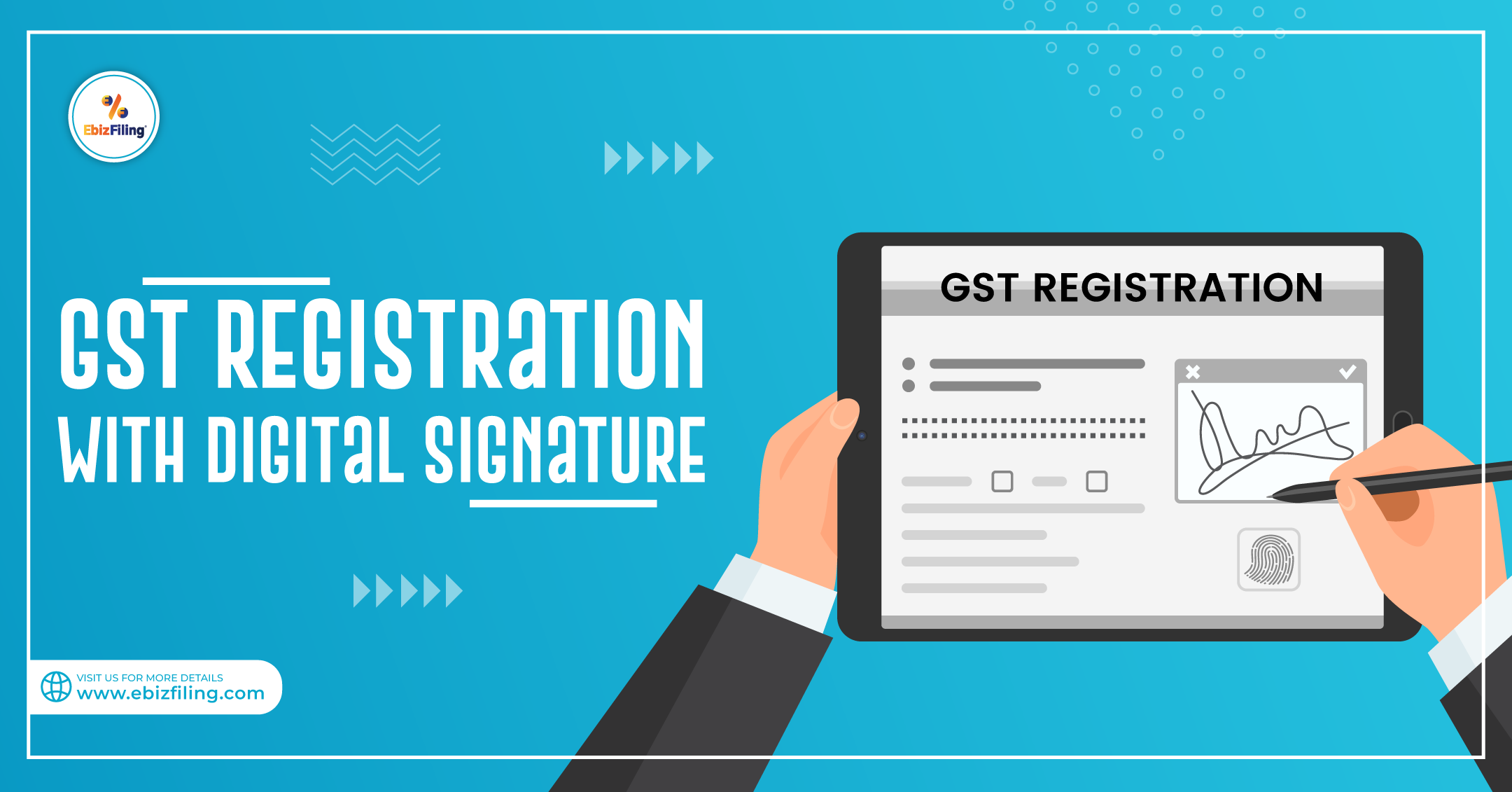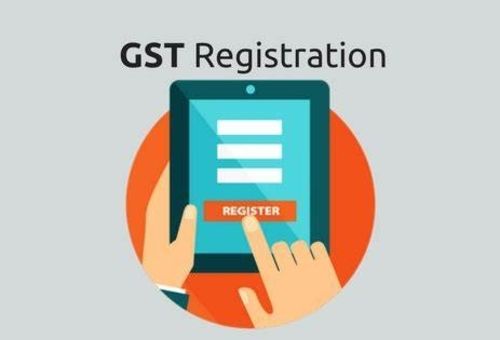Singapore GST Registration: What You Required to Know Before Using
Singapore GST Registration: What You Required to Know Before Using
Blog Article
Optimizing Tax Obligation Efficiency: Professional Tips on Navigating the GST Registration Maze for Local Business
Navigating the elaborate landscape of Product and Services Tax Obligation (GST) enrollment can be a labyrinthine job for small businesses aiming to optimize their tax obligation performance. In this conversation, we will certainly check out experienced insights and workable guidance that can empower tiny businesses to navigate the GST enrollment maze efficiently and optimize their tax performance.
Qualification Standards
Eligibility requirements for Local business GST Registration encompass details criteria that businesses must satisfy to conform with tax guidelines. To get GST enrollment, an organization should have a yearly turnover going beyond the limit set by the tax obligation authorities, which varies by country. In addition, businesses associated with inter-state supply of services or goods, or those selling products online, might be needed to sign up for GST, regardless of their turnover. It is necessary for companies to accurately identify their qualification based upon these turn over thresholds to prevent charges for non-compliance. Singapore GST Registration.

Documents Requirements
The required paperwork normally consists of proof of company registration or identity, address and unification evidence of the business proprietor, photographs, financial institution account information, and evidence of the major place of company. Additionally, businesses require to give information of their service activities, including the products or solutions supplied.
In addition to the compulsory papers, businesses may likewise be required to send extra info based on their certain scenarios. This could consist of documents related to collaborations, the authorization of signatures, or any other relevant arrangements. Maintaining all needed documentation arranged and conveniently easily accessible can simplify the enrollment procedure and help businesses abide with the demands efficiently - Singapore GST Registration. Failure to offer the called for documents may result in delays and even denial of the GST enrollment application. Meticulous attention to detail and adherence to the paperwork standards are important for an effective GST registration procedure for tiny companies.
Timing Factors To Consider
Considering the important paperwork needs have been carefully resolved, the next critical aspect for small companies embarking on the GST enrollment procedure is the strategic administration of timing considerations. Timing plays a crucial function in GST registration, impacting not only compliance however likewise financial elements of the business. Little companies require to very carefully intend the timing of their GST registration to optimize benefits and lessen prospective threats.

Moreover, businesses must line up the timing of their GST registration with their operational readiness. Ample preparation, such as upgrading audit systems and training team, is essential to flawlessly incorporate GST demands right into everyday procedures. By tactically taking care of timing considerations, local business can navigate the GST registration procedure efficiently and maximize their tax efficiency.
Enrollment Refine Tips
Effectively browsing the GST registration process needs tiny organizations to implement proactive and calculated enrollment procedure ideas. One important suggestion is to guarantee all needed papers are conveniently offered prior to beginning the registration process. This consists of organization registration files, evidence of address, financial institution declarations, and recognition evidence of business proprietors. Verifying the accuracy of go to these guys the info given is equally essential to prevent rejections or hold-ups.
Additionally, comprehending the thresholds and requirements for GST registration based upon the particular state or area where business operates is vital. Some states have various turn over limits that cause necessary enrollment, so being educated concerning these thresholds can assist services intend in advance.
One more important suggestion is to think about looking for professional help from accounting professionals or tax specialists who concentrate on GST enrollment. Their experience can simplify the procedure, decrease errors, and make certain conformity with all guidelines.
Conformity Best Practices
Browsing the GST enrollment procedure efficiently requires not only calculated enrollment process ideas yet likewise diligent adherence to conformity best practices to ensure recurring regulatory alignment. Small companies have to prioritize compliance to prevent penalties and preserve an excellent standing with tax authorities. One crucial ideal practice is to keep thorough and exact records of all purchases. This consists of billings, receipts, and other economic papers that may be needed for tax audits or conformity checks. Furthermore, staying informed about any type of changes or updates to GST guidelines is necessary. Local business proprietors need to on a regular basis assess government guidelines and look for specialist guidance if needed to ensure they are satisfying all needs. It is additionally suggested to file learn this here now GST returns on schedule to prevent late charges and penalties. By incorporating these conformity finest practices right into their procedures, small companies can browse the complexities of GST registration with confidence and efficiency.
Conclusion
In final thought, small companies can navigate the GST enrollment labyrinth by ensuring they fulfill qualification standards, collect called for documents, take into consideration timing implications, follow enrollment process tips, and adhere to compliance best practices. By optimizing tax effectiveness via proper GST registration, companies can enhance their economic management and procedures.
Browsing the elaborate landscape of Product and Provider Tax Obligation (GST) enrollment can be a labyrinthine task for tiny organizations aiming to maximize their tax performance.Qualification demands for Small Organization GST Enrollment incorporate particular criteria that companies must meet to comply with tax obligation regulations. The required documentation typically consists of evidence of company registration or unification, address and identification evidence of the business owner, pictures, bank account information, and evidence of the principal place of business. In addition, businesses require to give information of their company visit the website tasks, consisting of the goods or services provided.Successfully browsing the GST registration process calls for little businesses to apply tactical and proactive enrollment process tips.
Report this page